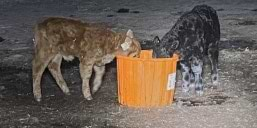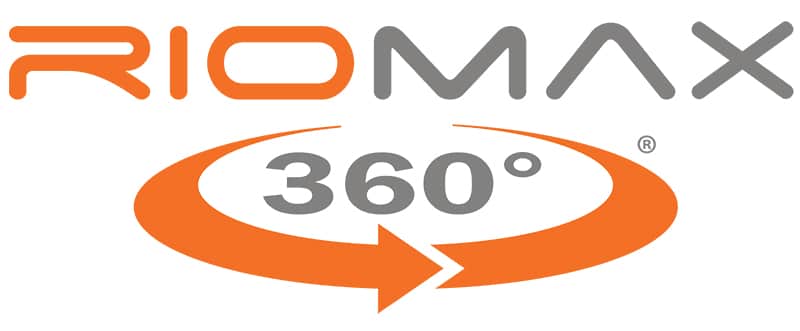Last updated on October 5th, 2023 at 02:55 pm
3 minute video on preventing calves from licking the gRound
Have you noticed your calves licking the dirt around them? Do they seem to get sick often? It’s not uncommon for calves to lick the ground, but it’s definitely not healthy for them. Licking dirt or even eating it can pose health risks to calves, especially when they’re newborn and don’t have a very strong immune system.
If your calves lick dirt regularly, it’s important to put a stop to it before it has a negative effect on their performance. What are some of the effects of calves licking the ground?
Coccidiosis In Calves
Perhaps the most prevalent issue caused by calves licking the ground is coccidiosis. If there is coccidiosis or another disease in the manure, it can spread and contaminate the soil, water, and any feed that is nearby. Because calves are curious by nature, they lick the ground, pick up the disease, and get sick.
When calves get cocci at such a young age, it can continue to get worse and cause long-term effects. Not only do you have to put time and money into treating them while they’re sick, but coccidia can also damage the villi on the intestinal wall and have lasting negative impacts on the calf’s nutrient absorption ability. When the villi get damaged and nutrient absorption is suppressed, it will affect the way the calf performs and develops as it grows, it will not wean as well, and ultimately, the calf won’t be worth as much as it would have been.
Calf Gut Irritation
When calves lick the ground, they may end up ingesting soil, dirt, gravel, or sand. While that may seem harmless, gravel and sand in the rumen can scratch up the gut lining, causing irritation. It can even get so bad that sores and ulcers form. Not only is that uncomfortable for the calf, but a scratched gut lining also creates a harsher environment for the good bugs to try to survive in, which has a direct negative impact on the way the calf can perform going forward.
How To Prevent Calves Licking Dirt
It is common for calves to have negative growth performance if they lick on the ground too much, whether as a result of sickness like coccidiosis or because of internal harm to the gut lining.
Nobody wants to deal with coccidiosis or poor growth rates in their calves, so what can you do to get ahead of the game and prevent calves from licking the ground in the first place?
Calves will always be curious and attempt to lick on all sorts of things. One way to reduce the amount calves lick on the ground is to place a lick tub supplement out in their pasture. By putting a tub nearby, you give the calves something else to be curious about, and rather than wandering around and licking the soil, the calf will get at least a couple of licks of beneficial nutrients.
Additionally, the calf will watch its mother lick the tubs, naturally follow her, and learn to lick the tub itself.
Do Your Calves Lick Dirt?
Attempt this simple lick tub technique on your operation to help prevent calves from licking the ground. Place the tubs out before calving season begins so the tubs are available to calves as soon as they’re born, and you’ll be one step ahead in preventing calf sickness and gut irritation.
Can you afford to deal with calf sickness on your operation?




